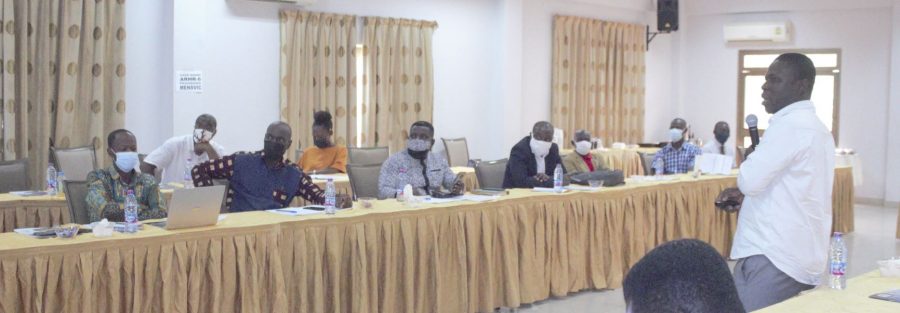A workshop on how to apply the vital signs profile for PHC advocacy has been organized in Accra by Alliance for Reproductive Health Rights. Participants of the workshop included Civil Society, Health Institutions, Development Partners and the Media.
Results of the Public Health Care Performance Improvement (PHCPI) assessment study conducted for Ghana’s Primary Health Care (PHC) system as part of a multi-country study were shared. The effective application of the results or vital signs profile in advocacy were elaborated to enrich participants’ advocacy on PHC in Ghana.
The Vital Signs Profile is a measurement tool that civil society and policymakers can use to better understand, and to improve primary health care in Ghana. It provides a unique snapshot of Ghana’s primary health care system, clearly showing where the system is strong and where it is weak.
The Vital Signs Profile looked at the readiness of health facilities to provide key services including malaria treatment, as well as client satisfaction perspectives with regard to malaria care. It looked at these experiences at the primary care levels.
Key gaps identified in the study were the understaffing across all PHC level facilities especially CHPS facilities and stock outs of RDT test kits, Artesunate-Amodiaquine and SP.
The workshop stressed the need for strong advocacy and lobbying to address these gaps and ensure equitable, accessible and affordable health care in Ghana; a goal which is the foundation of ARHR’s Primary Health Care Advocacy Project, funded by Population Action International (PAI).



